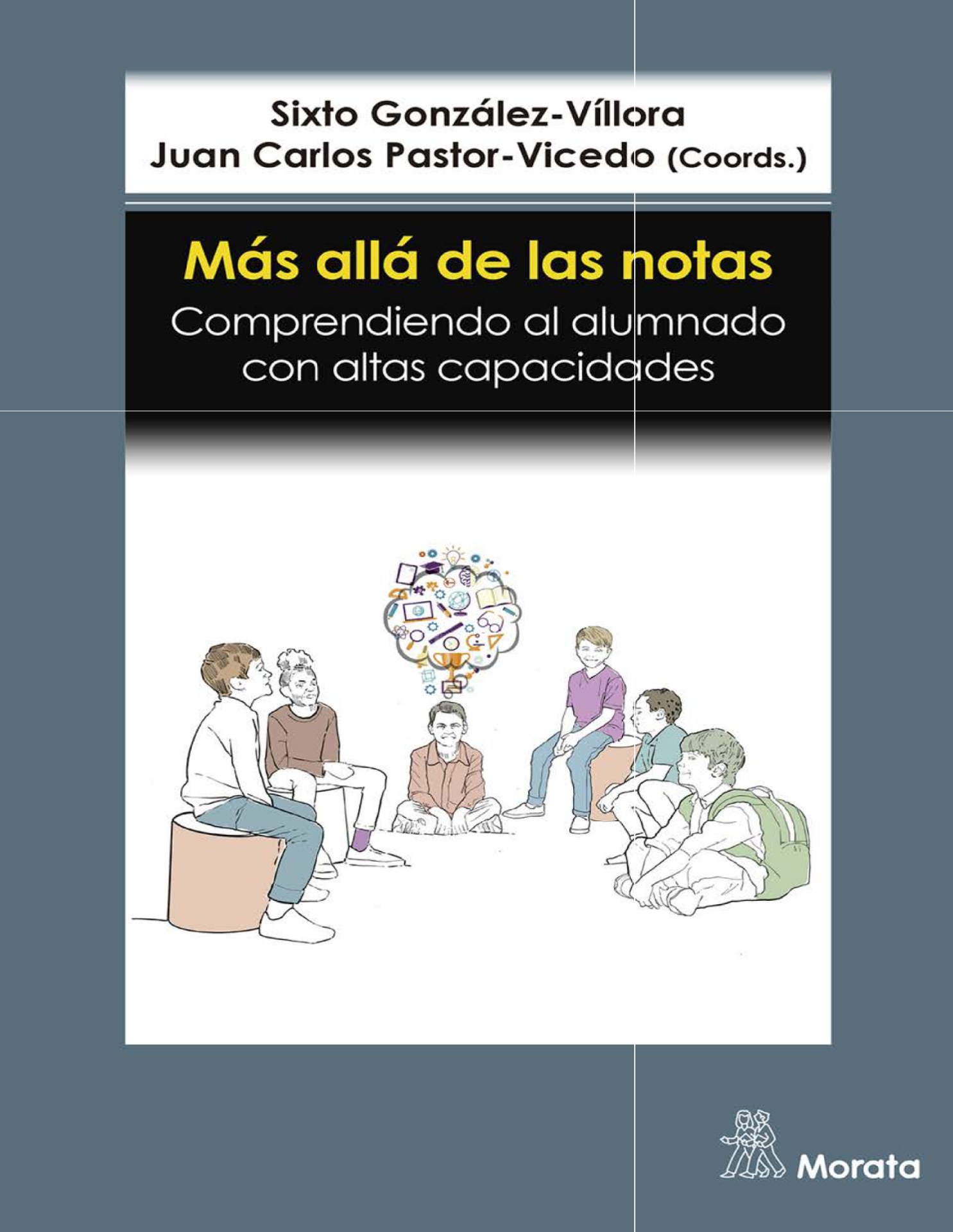There are differences regarding the conceptualization, terminology, characteristics, methodology, or even the behaviors associated with gifted students. This uncertainty and lack of knowledge complicate the provision of adapted and individualized attention to the learning style of each child in the educational environment, thus hindering their full academic and socio-emotional development. The authors connect the results of their research with practical applications in the classroom to offer an in-depth analysis of topics such as self-concept, body image, assessment, physical and sports activities, bullying and cyberbullying situations, enrichment and inclusion programs, or the personalized teaching model. Theoretical and practical notions are also provided on how continuous teacher training and the involvement of all members of the educational community can be considered fundamental means to foster the inclusion of students.
The collaboration and joint work of these agents provide essential strategies to promote the holistic growth of each student. This book is aimed at both Primary and Secondary Education teachers, as it seeks to address the doubts or questions that anyone close to gifted students may have at some point during their academic journey. It also offers essential guidance that is valuable for students pursuing a Bachelor’s Degree in Teaching or a Master’s Degree in Secondary Education, Vocational Training, and Language Teaching, for researchers, and especially for families who wish to understand the reality their children experience within the school context.
